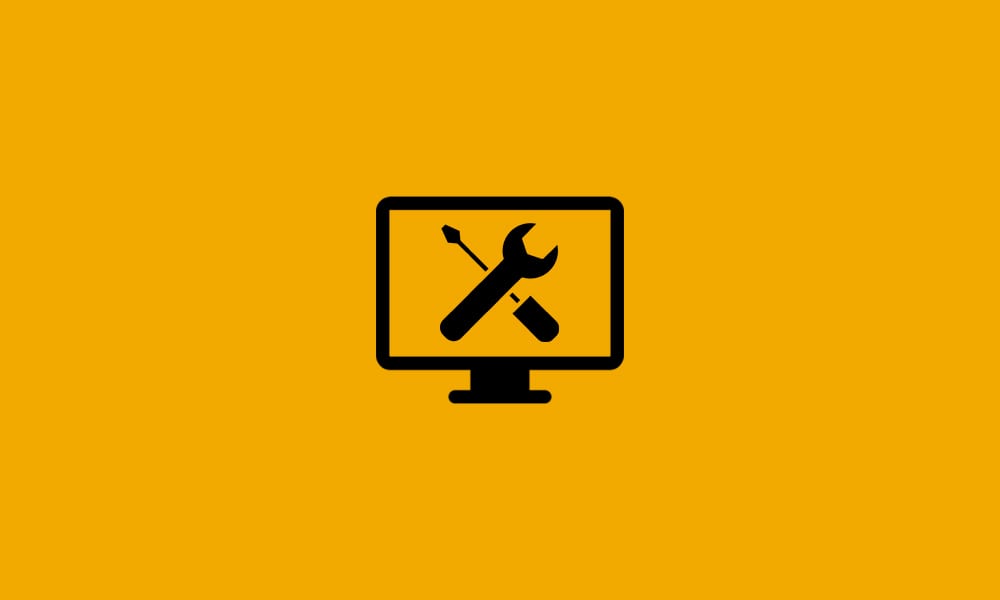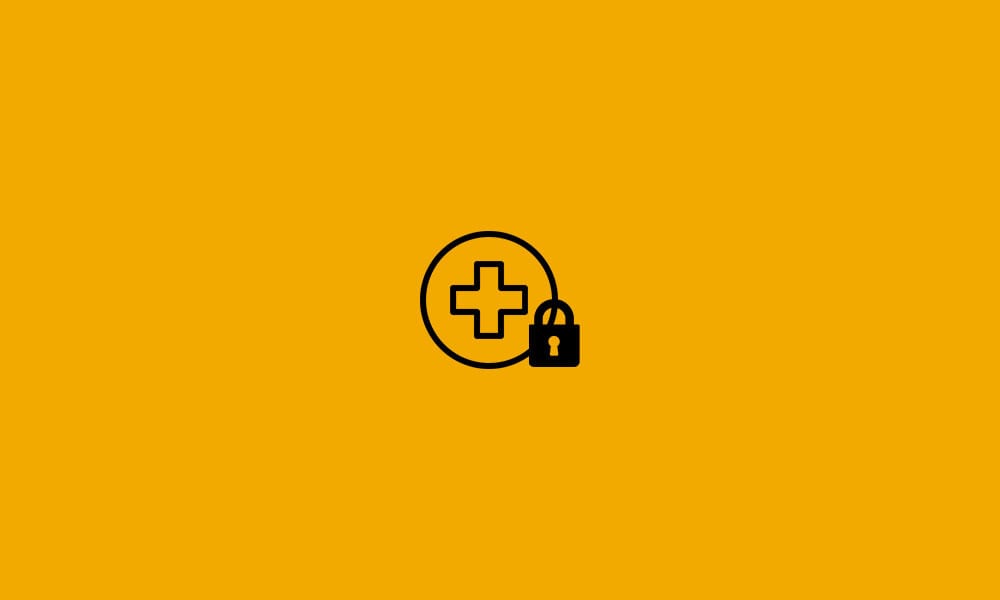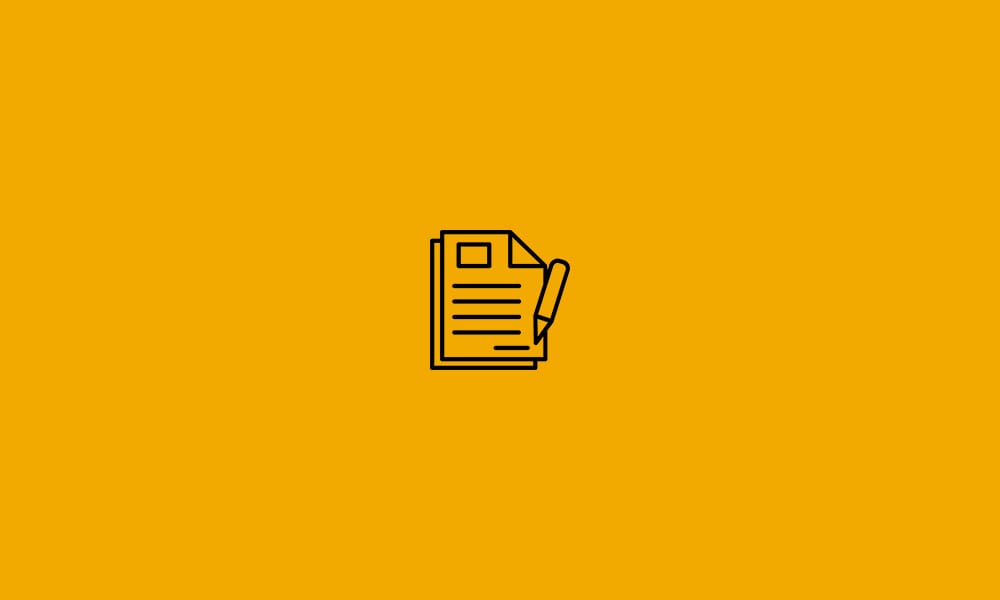MS Exchange Critical Security Threat – We’ve Got Your Back!

You may have heard rumblings across the Internet of a giant Microsoft Exchange vulnerability that raised its ugly head this week. On Tuesday evening, Microsoft announced the existence of four critical zero-day security vulnerabilities affecting all current versions of Microsoft Exchange Server. That’s the same time we stepped up to make sure that all DataYard […]
Bring Your Own Device

With the increasing affordability of modern technology, along with the integration of that technology in our day-to-day lives, an individual person often has numerous devices they utilize throughout the day. Almost every adult has their own smartphone. Over 50% of US adults own a tablet. Laptop ownership is even higher among certain age groups.
Why Backing Up Data is So Important for Businesses

Remember the days of floppy disks where you entrusted important documents to tiny pieces of plastic that were easily lost, destroyed, erased? Well maybe you don’t because you’re too young to have even held a floppy disk, but it’s the same scenario with CD’s, flash drives and external hard drives today. Thankfully, we have cloud storage systems […]
Protecting CUI and Maintaining NIST 800-171 Compliance

If you work for a company with government contracts, you’re well aware of how important security and compliance is, especially when it comes to how data is handled. While you might not be working with officially classified information as a non-federal contractor, you’re still handling potentially sensitive materials. The primary standard governing the handling and accessing of non-classified information is NIST 800-171. NIST […]
Who Exactly Needs to be HIPPA Compliant?

HIPPA compliance can be a little intimidating for those who have never dealt with it before. Not only are the rules vast and complex, but failure to follow HIPAA can lead to major fines, lawsuits, and more. Before you dig too deeply into the ins and outs of HIPAA, it makes sense to wonder whether or not HIPAA is a […]
Basic Requirements of HIPAA Data Compliance

Security should be a high priority for any business sharing information across the internet (or any other digital network). For those who operate under HIPAA, it’s not just something you should do; it’s something you have to do by law. Recently, we discussed what part of HIPAA covers digital and online assets. Today, we’re going to focus […]
HIPAA Compliance for Hosting and Data Security

If you work anywhere in the healthcare space, you’re probably very familiar with HIPAA compliance. Passed in 1996, the Health Insurance Portability and Accountability Act provides rules and guidelines for healthcare access, health information storage, health insurance, and more. HIPAA consists of five primary parts or titles: HIPAA Title I – Health care access, portability and renewability, HIPAA Title II – Preventing health care fraud and abuse; […]
How Data Backups Can Help Your Business Meet Compliance

I am often baffled on how often I need to explain the importance of backing up business data. Personally I feel like I need to backup my own personal data two or three times out of fear that I’ll loose years worth of my life in photographs. Those feelings of fear do not seem to […]
